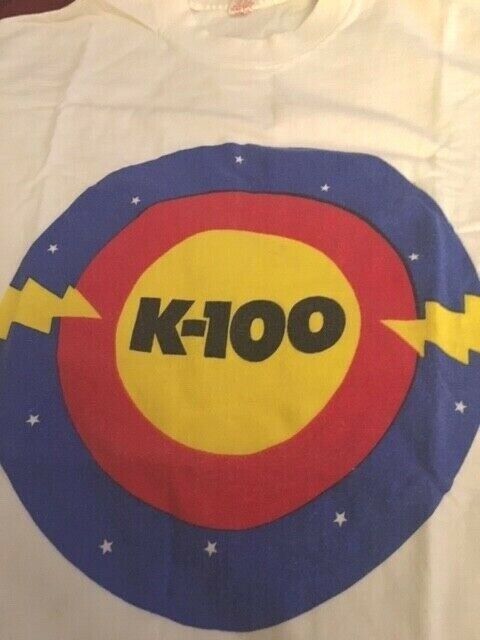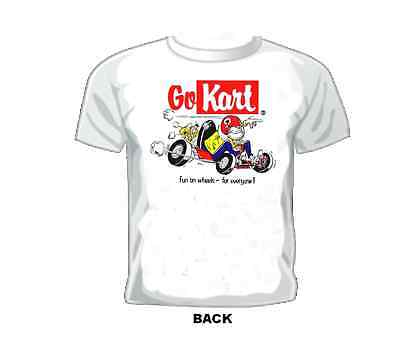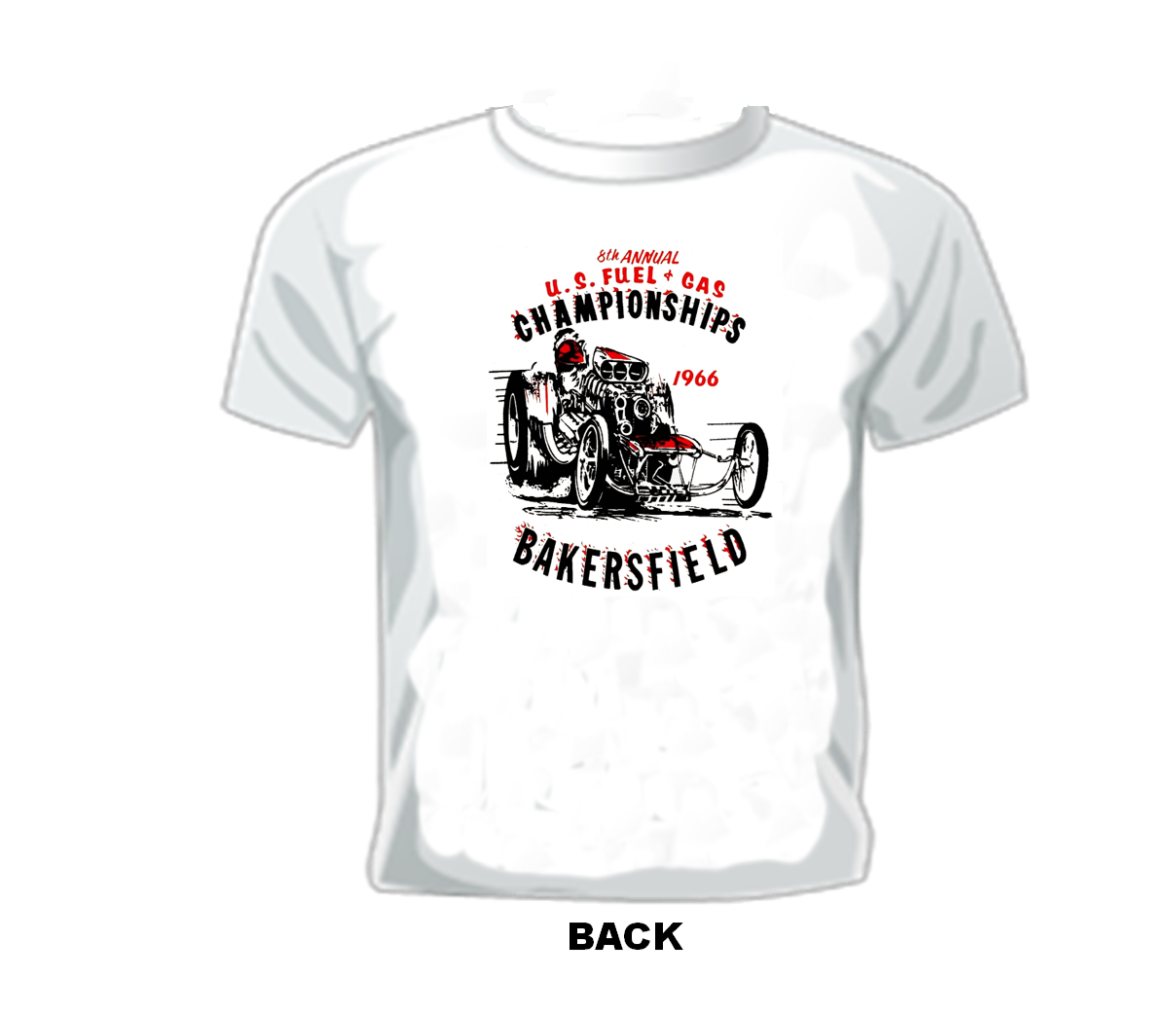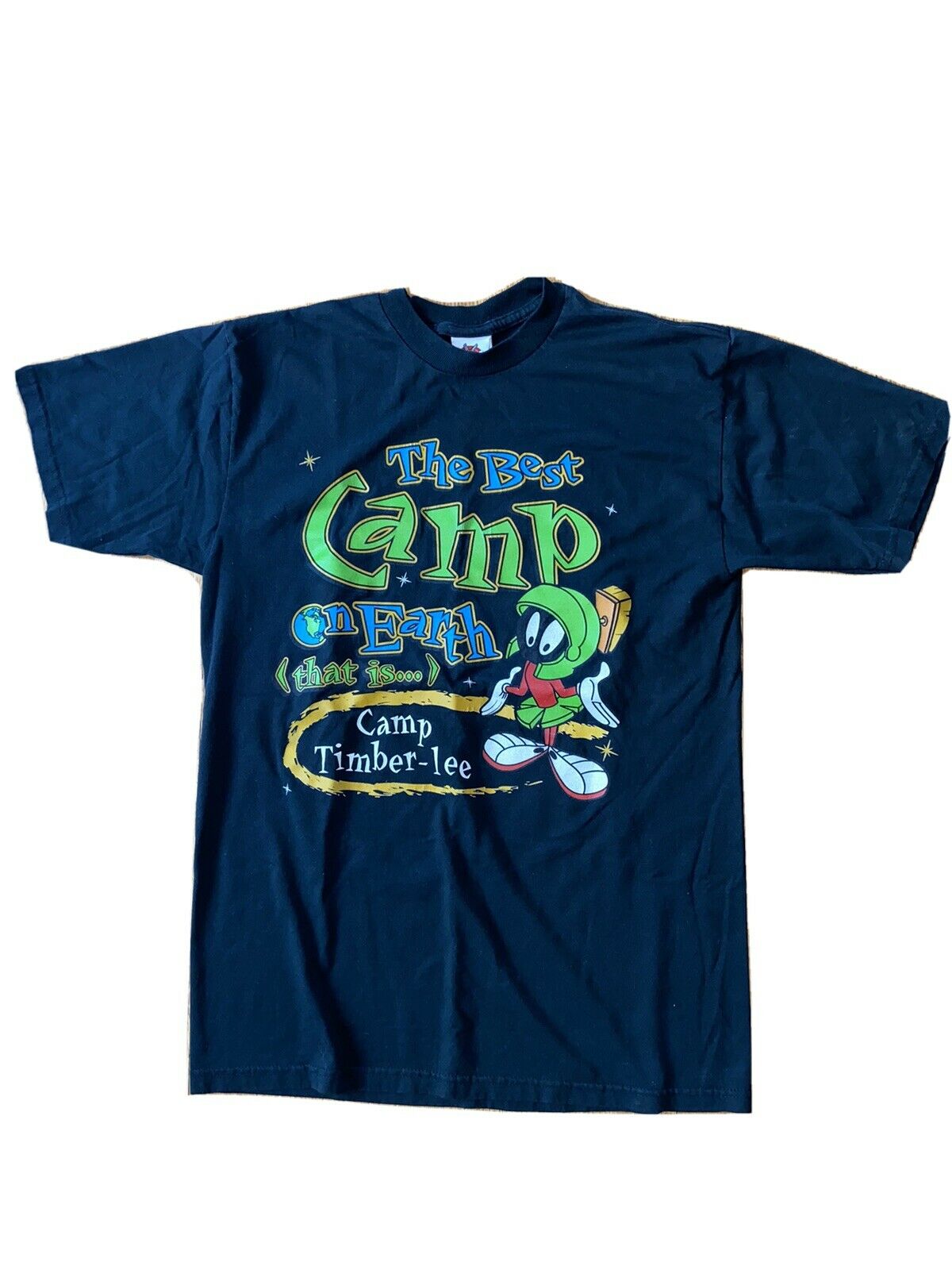-40%
K-100 T-Shirt - VERY RARE Vintage Shirt of the '70s L.A. Rock Radio Station
$ 50.16
- Description
- Size Guide
Description
VERY RAREK-100 FM (
KIQQ)
Los Angeles Iconic Radio Station T-Shirt from the 1970's!
K-100 was the Iconic Los Angeles based FM Radio Rock Station in the '70s. The Station changed formats in the by the early '80s and dropped the K-100 moniker and logo. Here's a bit of history about K-100 FM that I found on the Internet below...
Size: S (34-36)
Shirt is pre-owned but RARELY worn. Print work still looks great with little signs of fading!
A One-Of-A-Kind Rarity!
K-100 History
In the early seventies, public radio station KCRW 89.9 in Santa Monica hosted a show called Rockpile, featuring popular and progressive music of the day. In 1972 they decided to stop carrying the show because they noticed a trend taking place with many FM stations: popular music. The trend seen by KCRW took a major turn soon afterward when "K-100" hit the airwaves.
Originally owned by Golden West Broadcasting and known as KMPC-FM (and later KFOX-FM), they became KIQQ, one of the first FM top-40 stations in Los Angeles. (The calls KIOO must have already been taken.) The station was initially derided by purists as "like having KHJ on FM", but like many new innovations, resistance gave way to acceptance. To succeed, the station had to have a more open playlist than its competition, and indeed there were some songs you could hear only on K-100; the song Butter Boy by the group Fanny is one that comes to mind. The DJs also had to be a little bit outrageous at first.
Wide playlist. Early outrageousness. In other words: before Ten-Q, there was K-100.
*KIQQ debuted in 1972 as a lighter top 40....Jim Carson (who's been doing mornings at KRTH since Robert W. Morgan's retirement and death) was the first morning guy...having just departed KFRC, San Francisco. Bill Drake and Gene Chenault, just shown the door at RKO, cut a five-year deal to program KIQQ...but Drake and his top talent (Morgan and Steele, who both quit KHJ within weeks of Drake's departure) were bound by non-compete clauses in the KHJ contracts...keeping them off any other Los Angeles stations for 6 months. So lame duck KIQQ (which used only the call letters) limped along until the fall of 1973, when Drake, Morgan, Steele, Billy Pearl, Jerry Butler and Humble Harve kicked off K-100.
The DJs settled down as the ratings went up, but the playlist stayed as open as ever. They were the only top-40 station to play Bruce Springsteen's Tenth Avenue Freeze-Out and Roxy Music's Love Is The Drug, and the first pop station in L.A. to play Queen's Bohemian Rhapsody and Peter Frampton's Show Me The Way.
*Even with all that talent, it didn't work (Woody Goulart's "Boss Radio Forever" website gives some insight as to why). Pearl and Harve were gone by 1974 (Pearl to Harve's old time slot on KHJ, Harve to Pearl's old shift on KKDJ), Morgan and Steele left in '75...Morgan to weekends at KMPC, Steele to nothing in particular until KTNQ debuted in 1976. K-100 limped along for several years after, until flipping in the early 80s to Transtar's " Format 41" satellite AC service...keeping the call letters KIQQ but using them only for the legal ID once an hour.
Various other FM stations had gone top 40 in an attempt to copy the success of K-100. Stations like KIIS-FM, KWST/KMGG and KKHR became so successful that they undermined K-100's ratings. The mid-'80s lite music format enjoyed modest success. But in 1989, KIQQ was purchased by Westwood One and made history once again: They became KQLZ, better known as Pirate Radio -- and you can read all about them on another page at this site.











